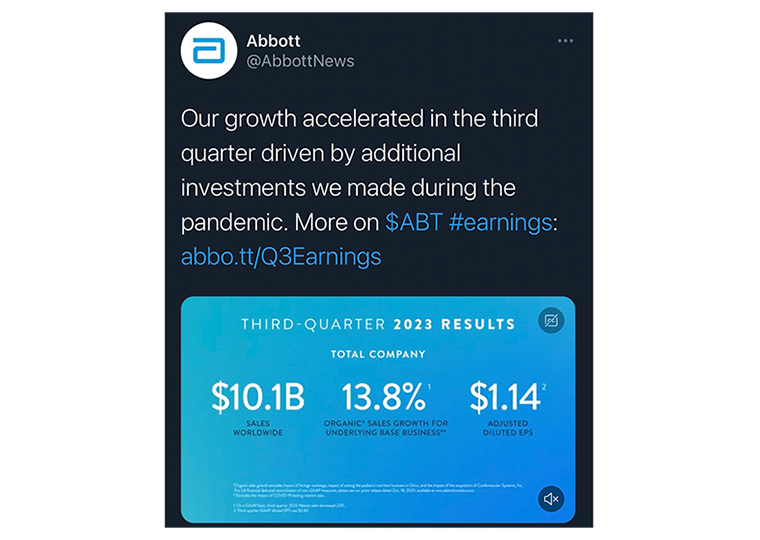The market penalizes customers' shares more than those of the polluter
Manufacturer contributions to China’s poisonous rivers and life-threatening smog are well documented in the decade since the government started publicizing polluting events and safety violations. But whether environmental ignominy at Chinese businesses is a problem for the thousands of overseas companies that buy their products has been less clear.
New research by Hong Kong Polytechnic University’s Chris K.Y. Lo, UCLA Anderson’s Christopher S. Tang and Hong Kong Polytechnic’s Yi Zhou, Andy C. L. Yeung and Di Fan gives companies across the capitalist world reason to worry. The study finds that Chinese manufacturers that violated environmental regulations drag down the share prices of their overseas customers even more than their own market values.
Data in the paper show that shares of a Chinese manufacturer dropped an average 0.41 percent in a two-day period surrounding a pollution event of its doing, or an announcement that it violated an environmental regulation. Shares of important overseas customers — defined as top-five buyers — fell an average 1.13 percent on the event, according to the results.
Opt In to the Review Monthly Email Update.
Political ties that ostensibly protect Chinese manufacturers during crises become liabilities to both the supplier and its customers when they are involved in environmental incidents, UCLA Anderson’s Tang explains in an interview. Although U.S. companies often seek out Chinese suppliers with political ties, shares of both the manufacturer and its overseas customers fell more steeply when government officials were in the boardrooms or executive suites of accused companies, Tang said.
Political ties that ostensibly protect Chinese manufacturers during crises become liabilities to both the supplier and its customers when they are involved in environmental incidents.
Chris Tang, Professor of Decisions, Operations and Technology Management
The indication that market value losses from environmental irresponsibility travel through the global supply chain has particular implications for businesses in the U.S., where reliance on Chinese manufacturers is heavy. The U.S. imports more goods from China than any other country.
The study looks at pollution events and environmental regulation violations at Chinese manufacturers between 2006 and 2013, when the country gained an international reputation for horrific pollution. The researchers note that some 20 percent of waterways in China are considered poisonous, and air pollution in some parts of the country cuts years off the average life span. For the study, the researchers mined a database of pollution incidents and environmental regulation violations kept by Beijing’s Institute of Public and Environmental Affairs.
The researchers looked at behavior believed to shield Chinese manufacturers from consequences of misdeeds. They found that manufacturers with a high percentage of government ownership, or that had earned prestigious awards for social responsibility generally, fared better in the market than others when accused of environmental irresponsibility. These characteristics appear to mitigate losses for investors in their overseas customers, too. However, when current or former government officials held important positions within the manufacturing company, share price consequences were more severe.
Although the study does not delve into the reasons these connections create different outcomes for investors, the authors note that they generally are seen among Chinese companies as signs of greater legitimacy. A government stake in a company typically brings it a lower tax rate and better protection of its assets. But prominent government names affiliated with a company may simply bring more public attention to a negative event.
Featured Faculty
-
Christopher Tang
UCLA Distinguished Professor; Edward W. Carter Chair in Business Administration; Senior Associate Dean, Global Initiatives; Faculty Director, Center for Global Management
About the Research
Lo, C., Tang, C.S., Zhou, Y., Yeung, A.C.L., & Fan, D. (2017). Environmental incidents and the market value of firms: An empirical investigation in the Chinese context. Manufacturing and Service Operations Management.






